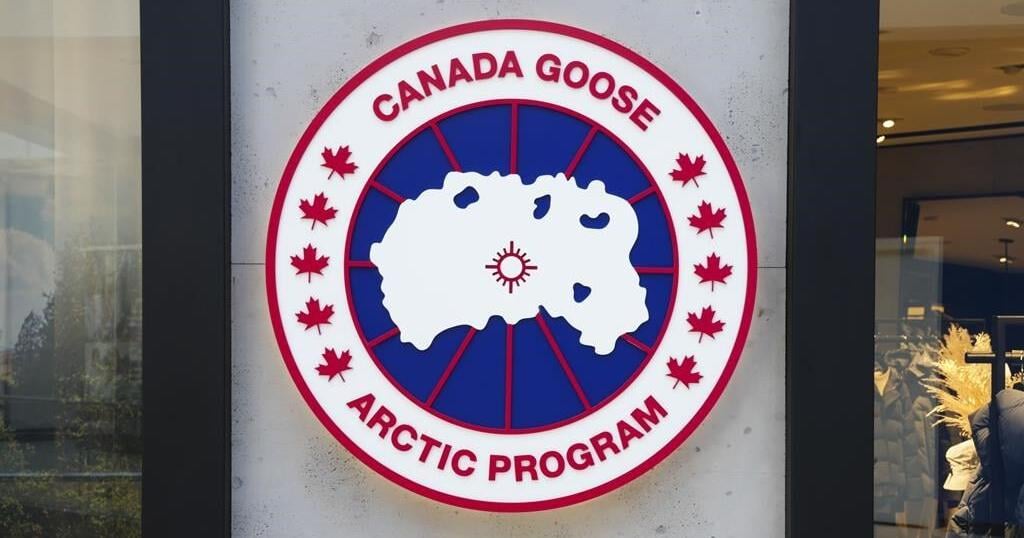Sea-Doo maker BRP Inc. is facing a rough ride after the COVID-19 pandemic sank profits last quarter, with the company scrambling to cut costs while ramping up production following factory shutdowns.
First-quarter sales fell in all regions except the United States as the virus prompted staggered closures at dealerships and plants between January and May.
Despite year-over-year retail sales growth of about 35 per cent in May, the Valcourt, Que.-based company expects a 40 per cent revenue decline in the second quarter, propped up only by sustained demand among Americans.
“We’re not seeing the pickup (in Europe or Asia) that we’re seeing in the U.S.,” chief financial officer Sebastien Martel said on a conference call with analysts Thursday.
Chief executive Jose Boisjoli said “staycations and social distancing” will work to the advantage of the power sports vehicle producer. But he acknowledged that the fallout of an ongoing recession could weigh more heavily on sales, with revenue expected to drop between 10 and 20 per cent in the second half of its financial year.
“The unemployment rate is going up, consumer confidence is low and housing starts have reduced. All of this at one point will catch up,” he said.
The softer prospects prompted the company to shore up liquidity with a US$600-million loan, which matures in 2027.
BRP manufacturing operations will have resumed by next week in all six countries where it has plants following shutdowns that began between January and March, Boisjoli said.
Production will not be hampered despite physical distancing measures, but shipping will likely remain less efficient until the company builds up its inventory to ship in greater bulk, he added.
The comments came a day after BRP said it would cut 650 jobs or about five per cent of its global workforce as it stopped producing outboard motors — where sales were lagging before the global health crisis — part of up to $450 million in cost reduction measures slated for this year.
“For us, it’s a bit sad that we discontinued the production of the Evinrude — the outboard engine,” Boisjoli said. “The impact of COVID-19 has left us no choice.”
Three-wheeled motorcycles, whose sales surged in 2019, saw revenue fall by more than 40 per cent year over year in the first quarter as driver licensing offices shut down in many regions.
“The on-road industry suffered the most from containment measures due to the closure of riding schools and licence issuers and the cancellation of demo tours,” Boisjoli said.
In December 2018, he told The Canadian Press he hoped to triple global sales of three-wheelers by 2023 to more than $1 billion.
Sales of luxury items such as sporty roadsters and new Ski-Doos often wither in a recession, aggravated by an unemployment rate hovering at around 13 per cent in Canada and 15 per cent in the U.S.
“We do not believe the recent retail strength is sustainable and expect weaker economic conditions later in the year,” National Bank analyst Cameron Doerksen said in a research note.
BRP reported a loss of $2.58 per diluted share for the quarter ended April 30 as it took a $171.4-million impairment charge related to its marine business compared with a profit of $23.8 million or 25 cents per diluted share a year ago.
Revenue in the quarter fell eight per cent to $1.23 billion compared with $1.33 billion during the same period in 2019.
Excluding the impairment charge and other items, BRP said its normalized earnings for the quarter amounted to a profit of $22.7 million or 26 cents per diluted share compared with a normalized profit of $52.7 million or 54 cents per diluted share a year ago.
Analysts had expected normalized earnings at 23 cents per diluted share, according to financial markets data firm Refinitiv.
This report by The Canadian Press was first published May 28, 2020.
Companies in this story: (TSX:DOO)
Christopher Reynolds, The Canadian Press



































